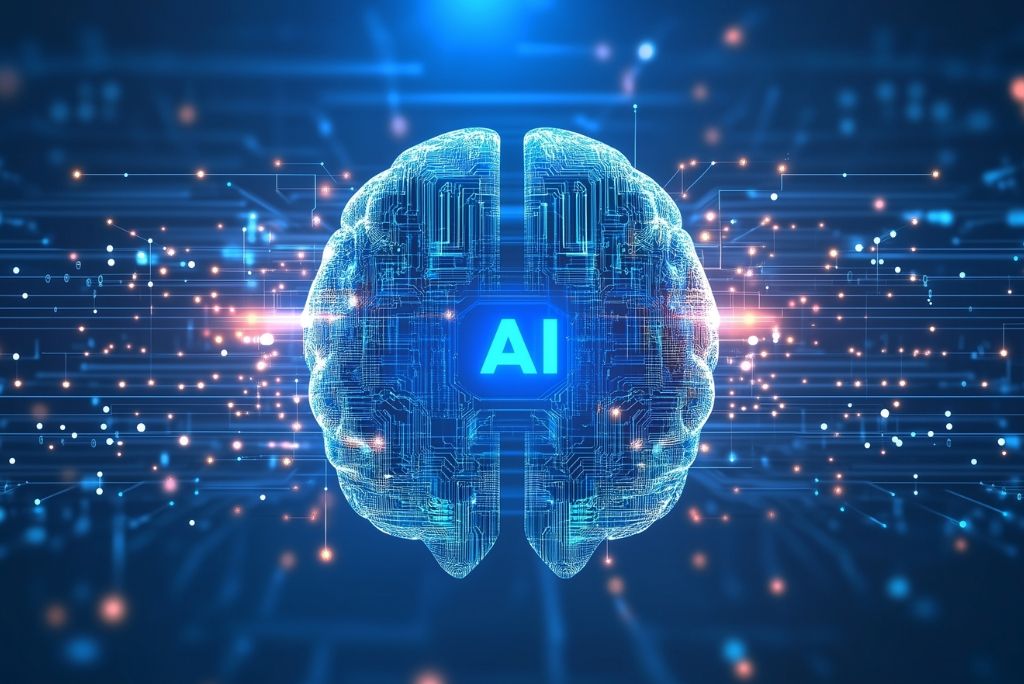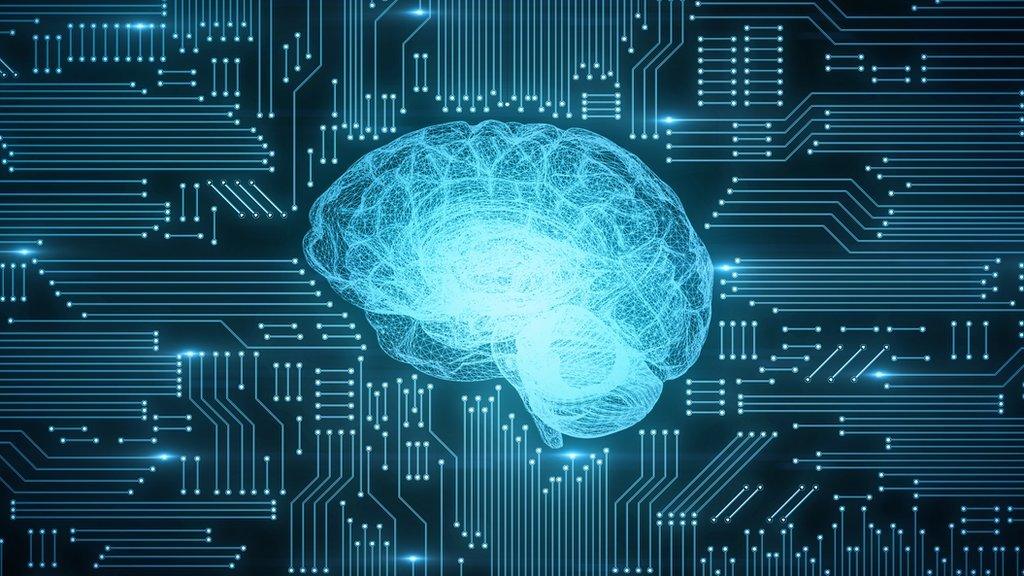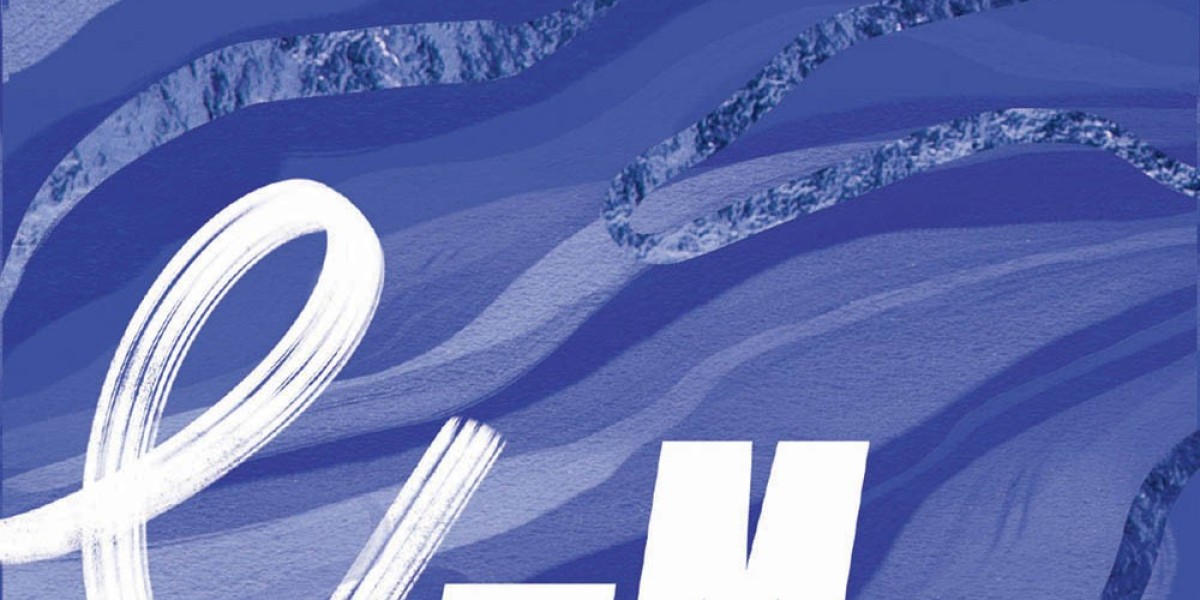
Technology is changing our world at an amazing pace! Its sweeping modifications can be discovered all over and they can be referred to as both thrilling, and at the exact same time frightening. Although people in lots of parts of the world are still trying to come to terms with earlier technological revolutions in addition to their sweeping social and instructional ramifications - which are still unfolding, they have been woken up to the truth of yet another digital revolution - the AI transformation.

Expert System (AI) innovation describes the capability of a digital computer system or computer-controlled robotic to carry out tasks that would otherwise have been performed by humans. AI systems are developed to have the intellectual processes that identify human beings, such as the ability to reason, discover meaning, generalize or learn from past experience. With AI technology, huge amounts of information and text can be processed far beyond any human capacity. AI can likewise be used to produce a huge variety of new content.

In the field of Education, AI innovation includes the potential to enable brand-new forms of mentor, discovering and instructional management. It can likewise boost finding out experiences and support instructor jobs. However, regardless of its positive capacity, AI likewise poses considerable dangers to trainees, the teaching community, education systems and society at big.
What are some of these risks? AI can reduce teaching and finding out processes to calculations and automated tasks in ways that cheapen the role and influence of instructors and deteriorate their relationships with learners. It can narrow education to just that which AI can process, model and deliver. AI can also aggravate the worldwide lack of qualified teachers through disproportionate spending on technology at the expenditure of investment in human capacity development.
The usage of AI in education also produces some essential questions about the capacity of teachers to act purposefully and constructively in determining how and when to make judicious use of this innovation in an effort to direct their professional development, discover solutions to difficulties they face and improve their practice. Such fundamental concerns consist of:
· What will be the role of teachers if AI technology end up being commonly implemented in the field of education?
· What will assessments look like?
· In a world where generative AI systems appear to be establishing brand-new abilities by the month, what abilities, outlooks and competencies should our education system cultivate?
· What changes will be needed in schools and beyond to help students strategy and direct their future in a world where human intelligence and device intelligence would appear to have become ever more closely connected - one supporting the other and vice versa?
· What then would be the purpose or role of education in a world controlled by Expert system technology where human beings will not always be the ones opening brand-new frontiers of understanding and knowledge?
All these and more are intimidating concerns. They force us to seriously consider the concerns that develop relating to the implementation of AI innovation in the field of education. We can no longer simply ask: 'How do we get ready for wiki.dulovic.tech an AI world?' We must go deeper: 'What should a world with AI look like?' 'What roles should this effective technology play?' 'On whose terms?' 'Who decides?'
Teachers are the primary users of AI in education, and they are expected to be the designers and facilitators of students' knowing with AI, the guardians of safe and ethical practice across AI-rich instructional environments, and to function as good example for long-lasting learning about AI. To presume these duties, instructors require to be supported to develop their abilities to utilize the prospective benefits of AI while mitigating its threats in education settings and broader society.
AI tools ought to never be created to replace the genuine accountability of teachers in education. Teachers should remain accountable for pedagogical decisions in using AI in teaching and in facilitating its usages by trainees. For instructors to be responsible at the practical level, a pre-condition is that policymakers, teacher education organizations and schools presume responsibility for preparing and supporting teachers in the correct use of AI. When presenting AI in education, legal protections need to likewise be established to secure teachers' rights, and long-term monetary dedications need to be made to guarantee inclusive access by instructors to technological environments and basic AI tools as crucial resources for adapting to the AI era.
A human-centered technique to AI in education is critical - an approach that promotes crucial ethical and
useful concepts to help control and direct practices of all stakeholders throughout the entire life cycle of AI systems. Education, offered its function to protect as well as facilitate advancement and knowing, has an unique obligation to be completely conscious of and responsive to the threats of AI - both the known threats and those only simply appearing. But frequently the risks are ignored. The use of AI in education therefore needs careful consideration, including an evaluation of the progressing functions instructors need to play and the proficiencies needed of teachers to make ethical and efficient usage of Artificial Intelligence (AI) Technology.
While AI offers opportunities to support teachers in both teaching in addition to in the management of discovering processes, meaningful interactions in between teachers and students and human thriving should remain at the center of the instructional experience. Teachers must not and wolvesbaneuo.com can not be changed by technology - it is crucial to protect instructors' rights and guarantee adequate working conditions for them in the context of the growing use of AI in the education system, in the work environment and in society at big.






